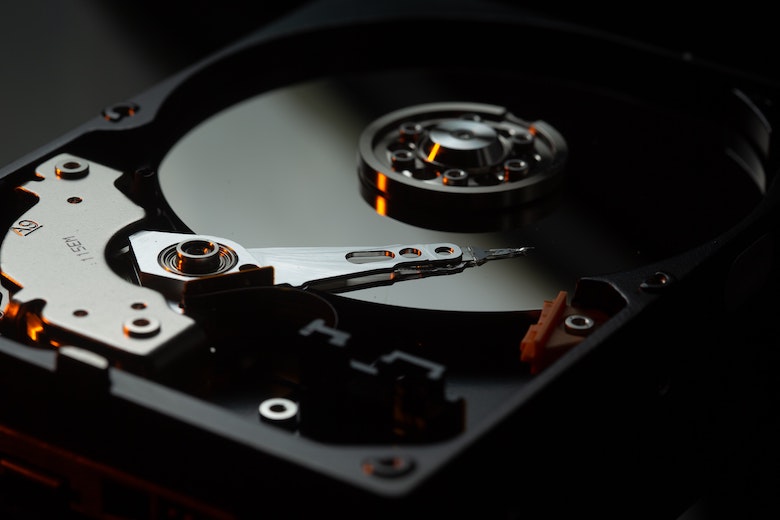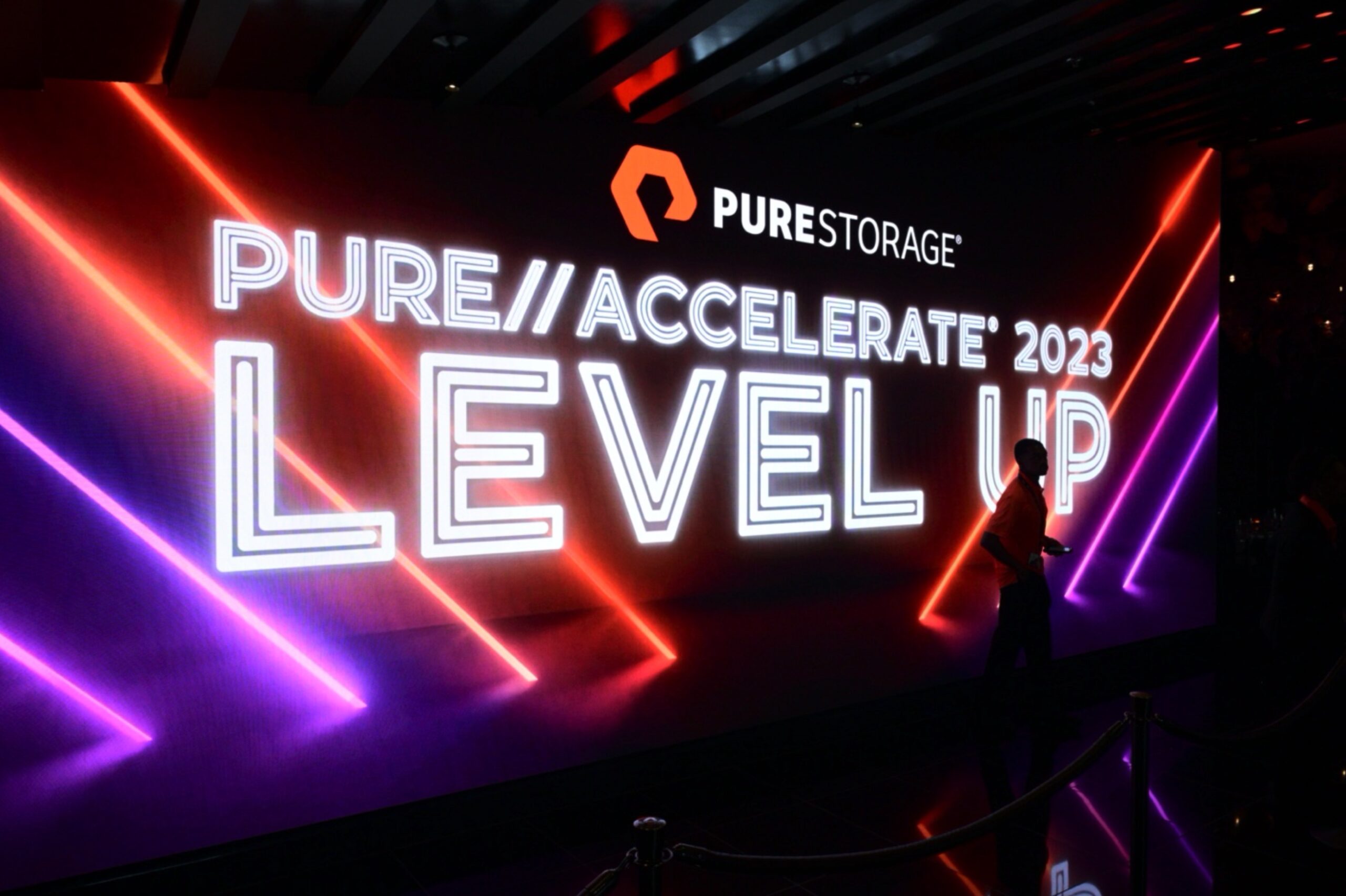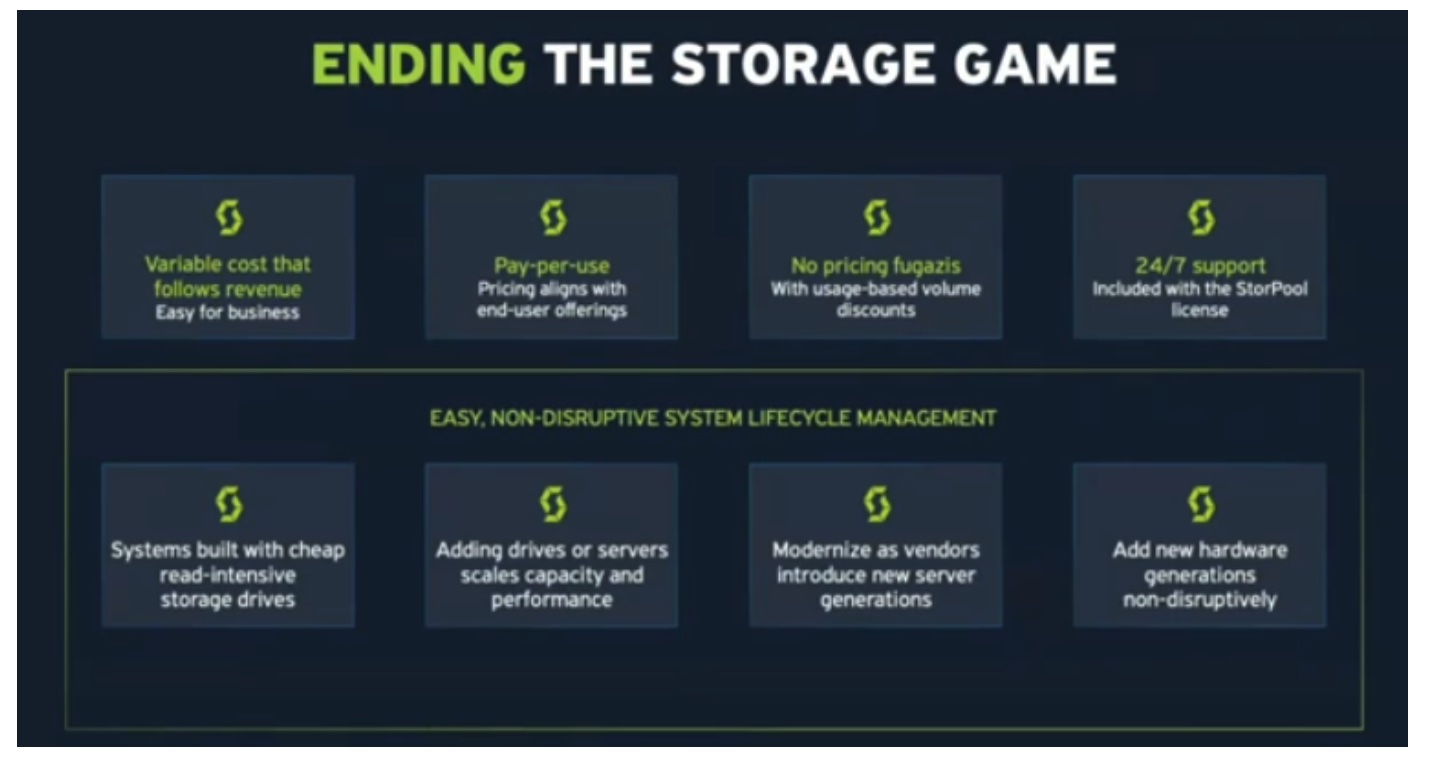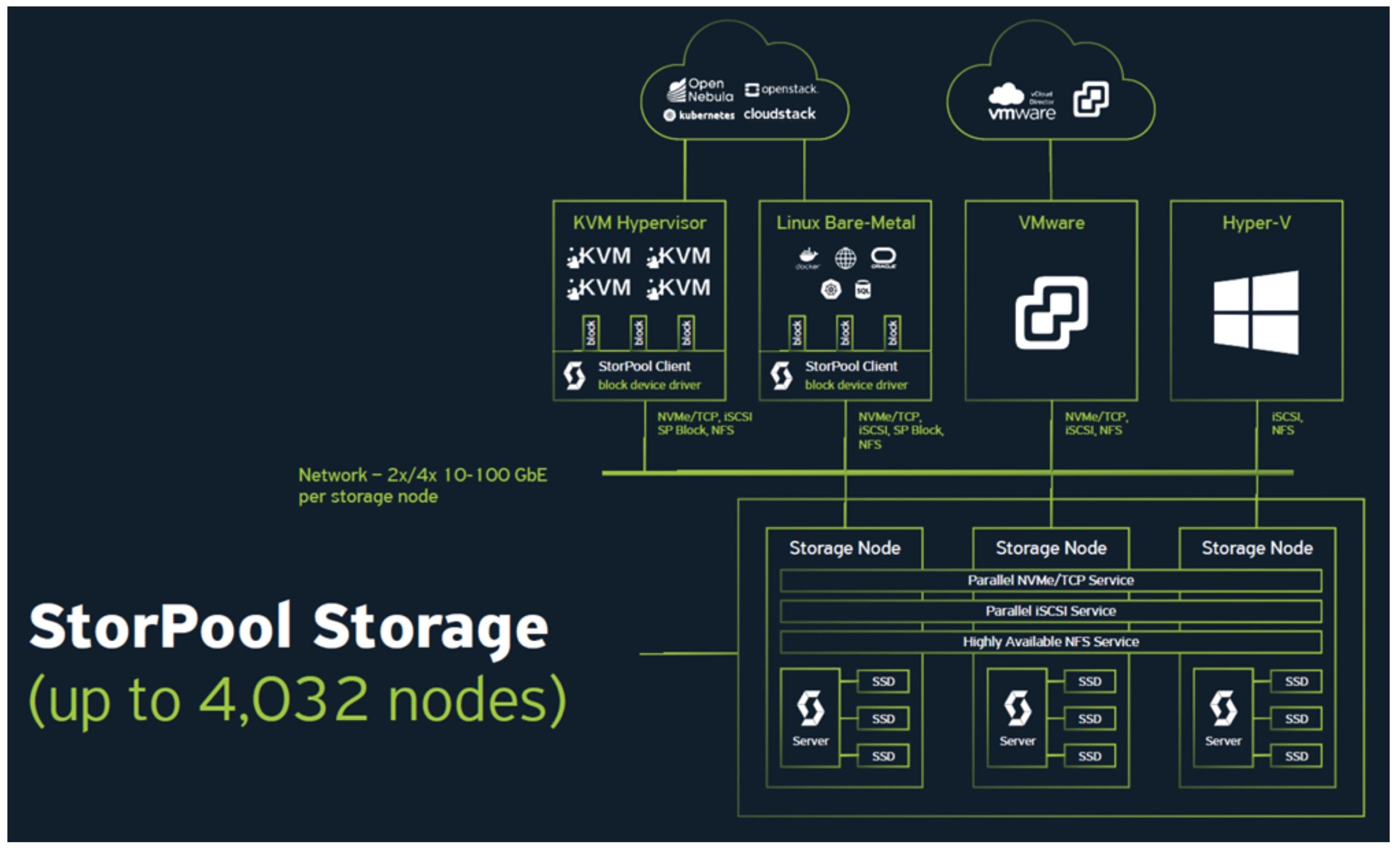Now, I don’t claim to be a storage expert. Stephen Foskett, or Mr. Storage, is much more suited for that distinction, but having watched the enterprise IT landscape over the past several years, it’s apparent to anybody that storage is quickly becoming a bottleneck as amounts of data balloon to zettabyte levels.

The trick nowadays is finding a storage option that can best suit your particular IT environment. If you have a lot of archiving to do, perhaps tape is your best bet (plus, it’s a greener option). If you need higher levels of performance, however, you might need to turn to other options.
Are SSDs Really More Reliable Than Hard Drives?
On the classic debate between drives, Andy Klein of Backblaze offers an end to the age-old question:
Solid-state drives (SSDs) continue to become more and more a part of the data storage landscape. And while our SSD 101 series has covered topics like upgrading, troubleshooting, and recycling your SSDs, we’d like to test one of the more popular declarations from SSD proponents: that SSDs fail much less often than our old friend, the hard disk drive (HDD). This statement is generally attributed to SSDs having no moving parts and is supported by vendor proclamations and murky mean time between failure (MTBF) computations. All of that is fine for SSD marketing purposes, but for comparing failure rates, we prefer the Drive Stats way: direct comparison. Let’s get started.
Interested in learning more? Read the rest of Are SSDs Really More Reliable Than Hard Drives? at Backblaze.




